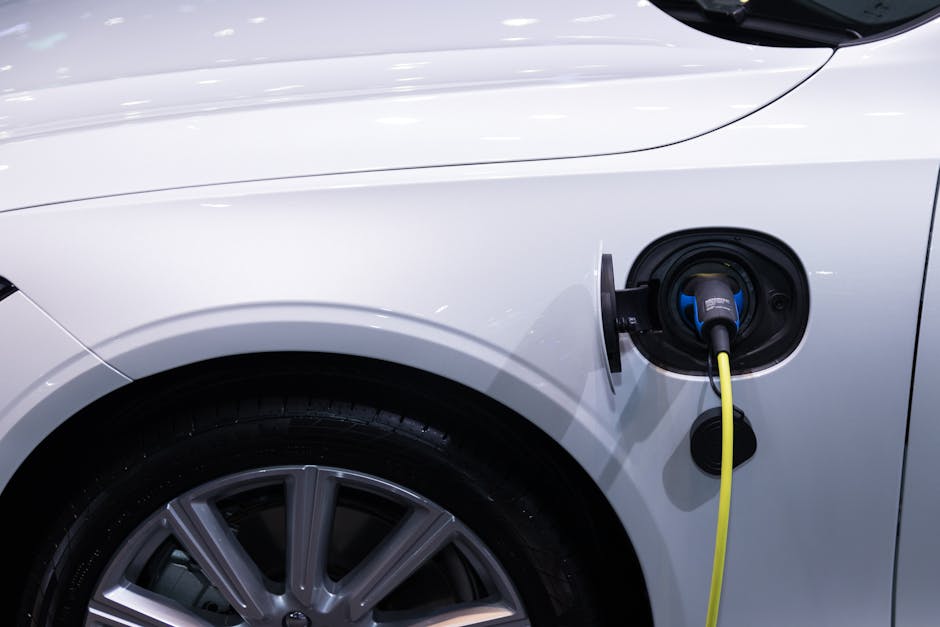
Public Charging Infrastructure - The Key to Electric Vehicle Adoption
Public Charging Infrastructure - The Key to Electric Vehicle Adoption
Electric vehicles (EVs) are becoming increasingly popular as more and more people recognize the need to transition to sustainable transportation options. However, one of the main concerns that potential EV owners have is the availability of public charging infrastructure.
Public charging infrastructure refers to the network of charging stations that are accessible to EV owners in public spaces such as parking lots, shopping malls, and roadside rest areas. It plays a crucial role in addressing range anxiety and providing convenience to EV owners.
Having a robust public charging infrastructure is essential for the widespread adoption of electric vehicles. Here are some reasons why:
- Range Confidence: With a reliable network of charging stations, EV owners can have the peace of mind knowing that they can find a charging point when needed. This helps overcome range anxiety, which is a common concern for potential EV buyers.
- Accessibility: Public charging stations make EV charging more accessible for those who don't have access to a private charging point. This is particularly important for people living in apartments or urban areas with limited parking space.
- Convenience: Public charging stations allow EV owners to charge their vehicles while they are away from home, such as during shopping trips or while on a road trip. This eliminates the need to rely solely on home charging and reduces charging-related inconveniences.
- Expansion of EV Market: A well-established public charging network encourages more people to switch to electric vehicles, which, in turn, drives demand for EVs. This leads to increased investment in EV manufacturing and improved technology, making EVs more accessible and affordable for the general public.
Overall, public charging infrastructure is a vital component in the transition to a sustainable transportation system. Governments, businesses, and communities should work together to develop and expand public charging networks to support the widespread adoption of electric vehicles.
